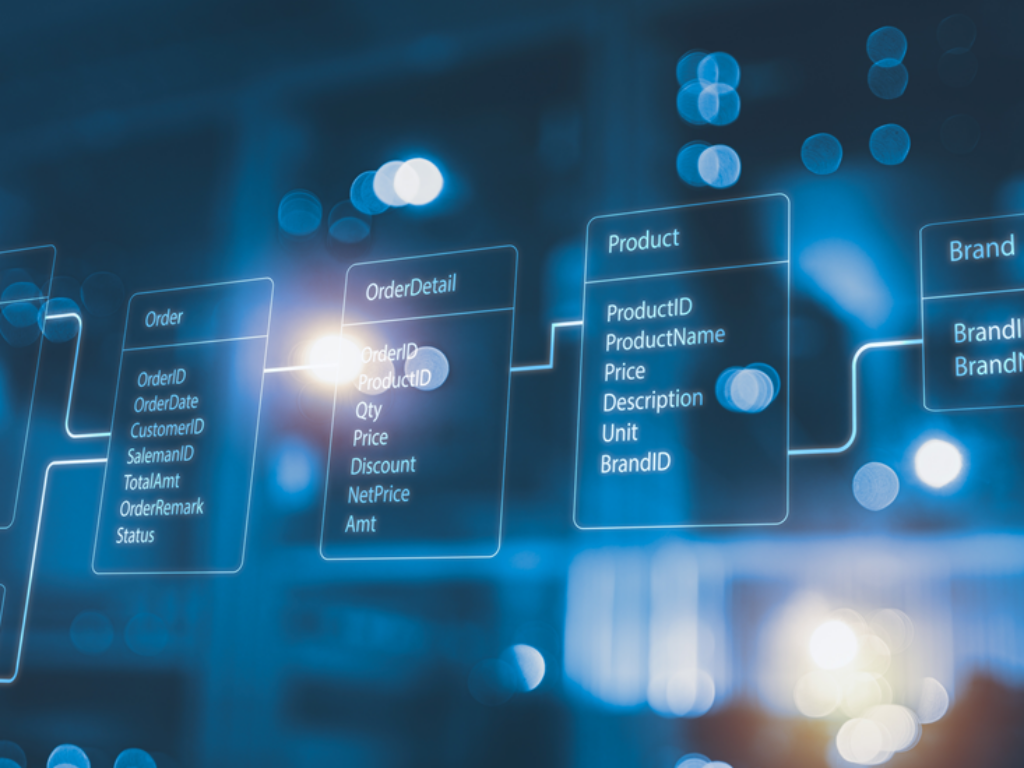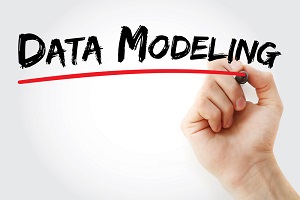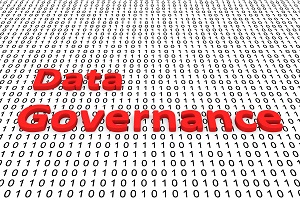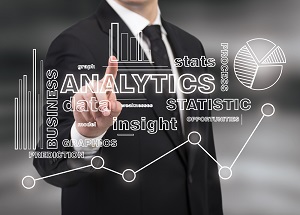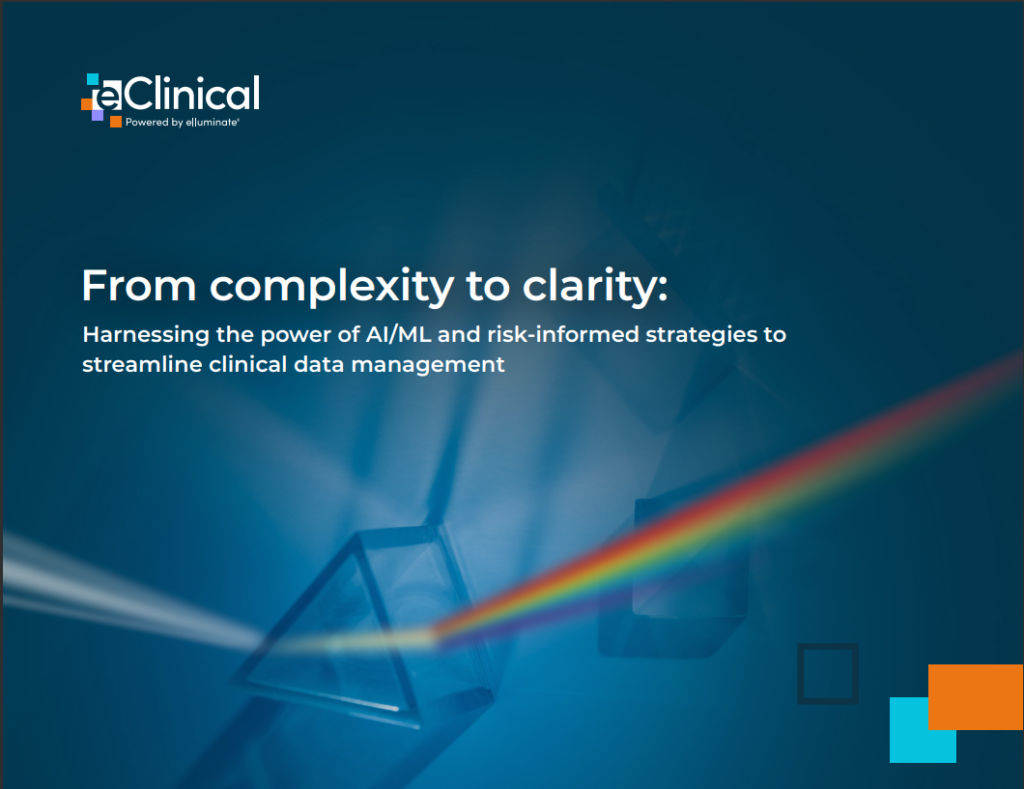In this contributed article, Ovais Naseem from Astera, takes a look at how the journey of data modeling tools from basic ER diagrams to sophisticated AI-driven solutions showcases the continuous evolution of technology to meet the growing demands of data management. Understanding how data modeling tools have changed over time gives us important insights into why organizing and analyzing data well is so important.
Interview: David Willingham, Principal Product Manager, MathWorks
I recently caught up with David Willingham, Principal Product Manager, MathWorks to discuss the evolution of data-centric AI and how engineers can best navigate – and benefit from – the transition to data-focused models within deep learning environments. As research into data-centric AI continues, we can expect best practice to evolve to suit a growing list of applications. Greater levels of data optimization and collaboration between multi-disciplinary teams is also likely to follow in the near future.
2023 Trends in Data Modeling
In this contributed article, editorial consultant Jelani Harper discusses how the centrality of data modeling to data management will likely remain for some time. What’s most notable about this fact is it’s becoming considerably simpler to perform some of the basic tasks associated with this discipline. From flexible, schema-on-read models to the multitude of options for clarifying semantics and implementing the basics of domain models, data modeling’s effectiveness is increasing almost as much as the effort it requires is decreasing.
The Conceptual Data Model’s Unwavering Role in Data Governance
In this contributed article, editorial consultant Jelani Harper highlights how in an age in which data governance has become all but synonymous with data privacy and data protection, there are numerous aspects of data management that are regarded much differently than how they traditionally were. Data modeling, for example, is frequently considered a dimension of data engineering or data science.
2022 Trends in Data Modeling: The Interoperability Opportunity
In this contributed article, editorial consultant Jelani Harper offers some intriguing trends for 2022 centered around data modeling and the interoperability opportunity. A plethora of methods including data fabrics, revamped cloud native Master Data Management capabilities, and governance frameworks employing cognitive computing to point-and-click at sources for detailed cataloging of their data are viable means of implementing data models across the heterogeneity of the modern enterprise’s data.
Why Modeling Languages are the Key to Data-Based Decision Making
In this contributed article, Angshuman Guha, CEO and Co-Founder of bipp, discusses how businesses are now looking at data in different ways, with CIOs forecast to spend more on data and business analytics than any other technology. This creates an urgent need to build trust in the data to realize the return on this investment. Data modeling languages ensure everyone uses the same vocabulary to represent critical KPIs and data. They improve data quality, collaboration, productivity while reducing inconsistencies, which all lead to trust.
2021 Trends in Data Strategy: Doing More With Less
In this contributed article, editorial consultant Jelani Harper suggests that organizations seek technology to do more with less during today’s turbulent business conditions. Data strategy elucidates what ‘more’ entails, whether it really can be achieved with less, and the longstanding consequences of leveraging various technologies to this end. It requires companies to uncover the intricacies of proactive and reactive approaches to improve what they do poorly, enabling them to achieve what they currently can’t.
2021 Trends in Data Modeling: Attaining the Universal Data Model Ideal
In this contributed article, editorial consultant Jelani Harper offers a number of important trends in data modeling for 2021, specifically inroads for attaining the universal data model ideal. Common data models are speedily becoming a necessity for organizations to determine all relevant data for any singular use case, the most convincing of which is still cognitive computing deployments.
Data Science Demystified: The Data Modeling Proposition
In this contributed article, editorial consultant Jelani Harper discusses how data modeling is the foundation of the data science discipline that’s responsible for the adaptive, predictive analytics that are so critical to the current data ecosystem. Before data scientists can refine cognitive computing models or build applications with them to solve specific business problems, they must rectify differences in data models to leverage different types of data for a single use case.
Enhancing Predictive Cognitive Computing Models with Traditional Data Modeling
In this contributed article, editorial consultant Jelani Harper suggests that with so much attention devoted to the purported wonders of predictive cognitive computing models (typically characterized by classic machine learning and deep learning), it’s easy to lose sight of the conventional data models underpinning these applications.

